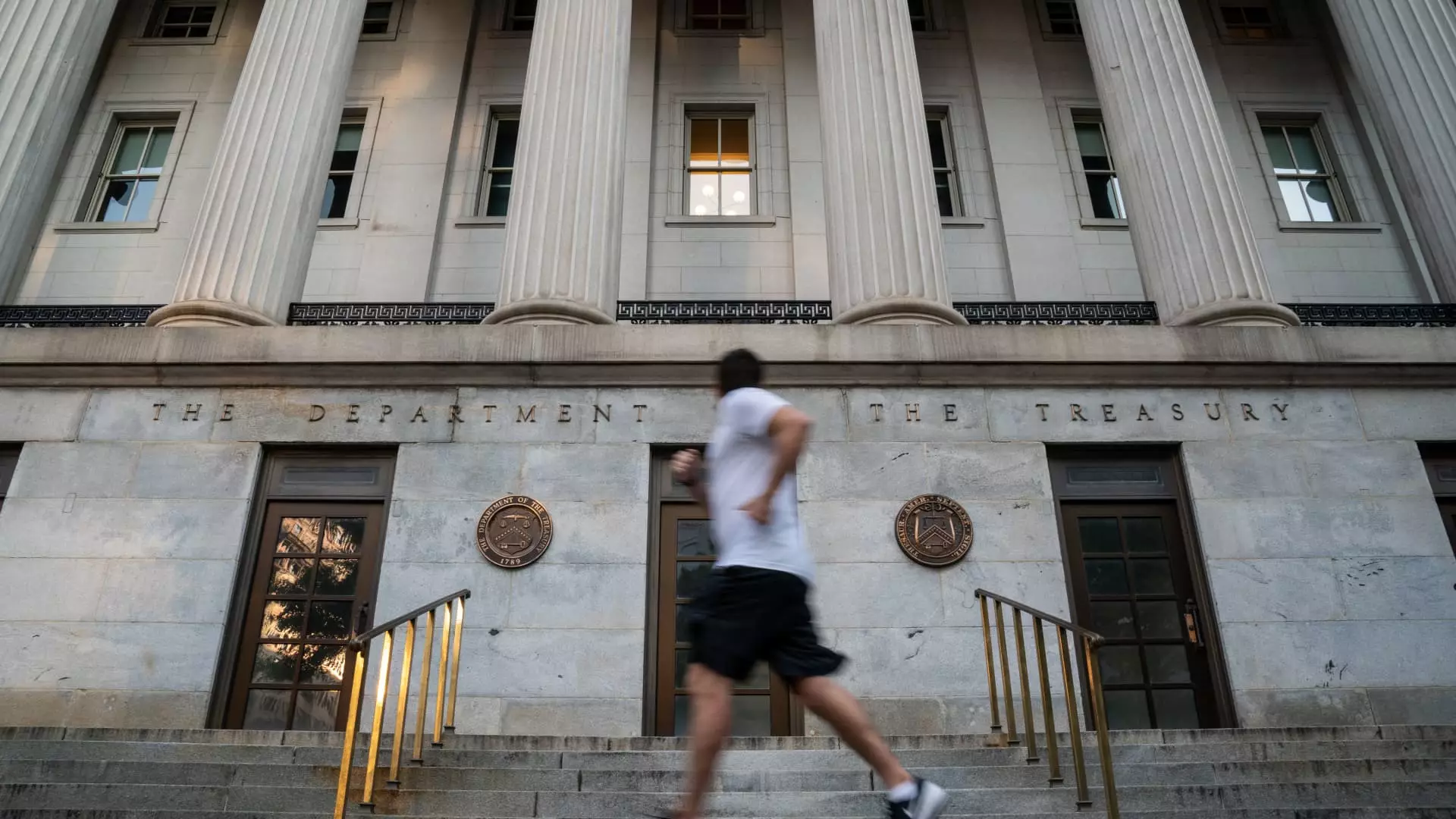In a surprising move sure to send ripples throughout the financial world, the U.S. Department of Treasury has decided to eliminate a critical reporting requirement for small businesses regarding their ownership. Initially established under the Corporate Transparency Act of 2021, this requirement aimed to counter money laundering and white-collar crimes by ensuring that the identities of the “beneficial owners” of millions of U.S. businesses were disclosed. Yet, in a shocking twist, the Financial Crimes Enforcement Network (FinCEN) issued an interim final rule which effectively lifts these obligations for U.S. citizens and domestic companies.
This change comes amidst a chorus of critiques that suggest it actively undermines the very mission of the Corporate Transparency Act. As concerns heighten over financial crimes and the potential for shell corporations to facilitate illicit activities, this regulatory rollback raises an ethical flag. Do we genuinely seek transparency, or are we inadvertently allowing corporate secrecy to flourish under the guise of reducing burdens on small businesses?
The Loopholes that Encourage Illicit Behavior
Critics, including legal experts and anti-corruption advocates, are quick to highlight the implications of this relaxed rule. Erin Bryan, a legal partner at Dorsey & Whitney, articulates the concern that this reform is a step back—a dilution of a rule aimed at exposing opaque corporate structures. She warns that the absence of ownership reporting for many domestic companies will open doors for malfeasance.
FinCEN claims that the new rule is merely a reassessment of the costs versus benefits of such reporting, yet proponents of transparency will argue that any compromise weakens the framework designed to combat financial corruption. Allowing exemptions for millions is more than a mere administrative correction; it’s an invitation for criminals to conduct operations with near impunity.
Under the new rule, only approximately 20,000 entities—down from an astonishing 32.6 million—will be subject to these reporting requirements in the first year. This drastic cut raises serious questions about the government’s commitment to safeguarding the financial system. It’s clear that the ill-conceived decision to relax these standards benefits not only small businesses but also those with nefarious intentions.
A Closer Look at Global Standards and Moral Responsibility
The retreat from accountability is baffling when viewed against the backdrop of global standards surrounding corporate transparency. Many developed nations have long mandated disclosure of beneficial ownership, recognizing that without such safeguards, financial systems become fertile ground for crime. So why is the U.S. lagging behind?
Some interpretations of the rule suggest that it aligns with the deregulatory ideals propagated during the Trump administration, suggesting that this decision is not only misguided but ideologically driven. FinCEN’s interim final rule went live just as enforcement mechanisms from earlier months had already been stalled. This gives the impression that the U.S. Treasury is prioritizing a simplistic ‘business-friendly’ environment over the complex realities of financial crime and national security.
The Financial Crimes Enforcement Network’s reasoning—that the costs of compliance outweigh the benefits of tracking beneficial owners—raises a crucial ethical question: at what point do we prioritize the health of a financial system over the integrity of our institutions?
Consequences for National Security and Public Trust
As we stand on the precipice of this unwise decision, the ramifications for both national security and public trust in the financial system cannot be overlooked. Scott Greytak from Transparency International U.S. warns that this exemption effectively lets criminals off the hook. With the straightforward ability to set up shell entities without scrutiny, malicious actors can exploit this loophole easily.
The public should be educated about the implications of such a decision. The resonance of the phrase “national security” should conjure up images of a vigilant, proactive system designed to thwart unethical behaviors. Allowing the elimination of reporting iterations contradicts that very ethos and raises grave concerns among citizens who expect their government to protect them from corruption.
In light of these developments, it’s imperative for voices concerned about corporate accountability to rise. The imminent danger posed by such regulatory rollbacks illuminates a crucial juncture in America’s ongoing battle with corruption. Each signature under the veil of loneliness and secrecy emboldens a tide that threatens to dismantle the principles of a transparent democracy.

